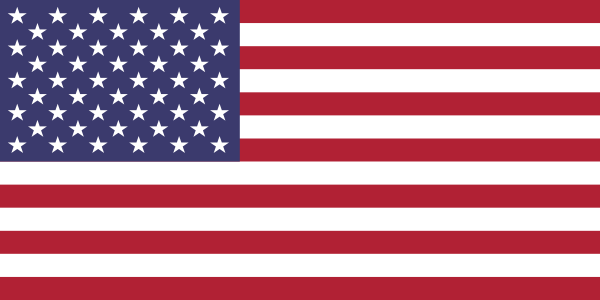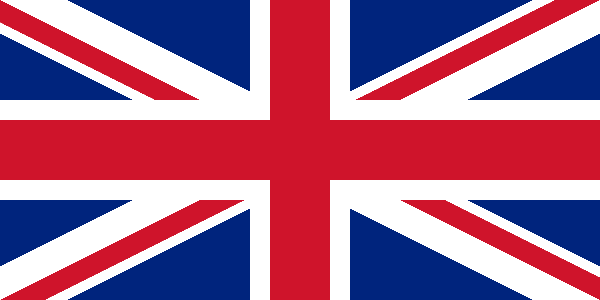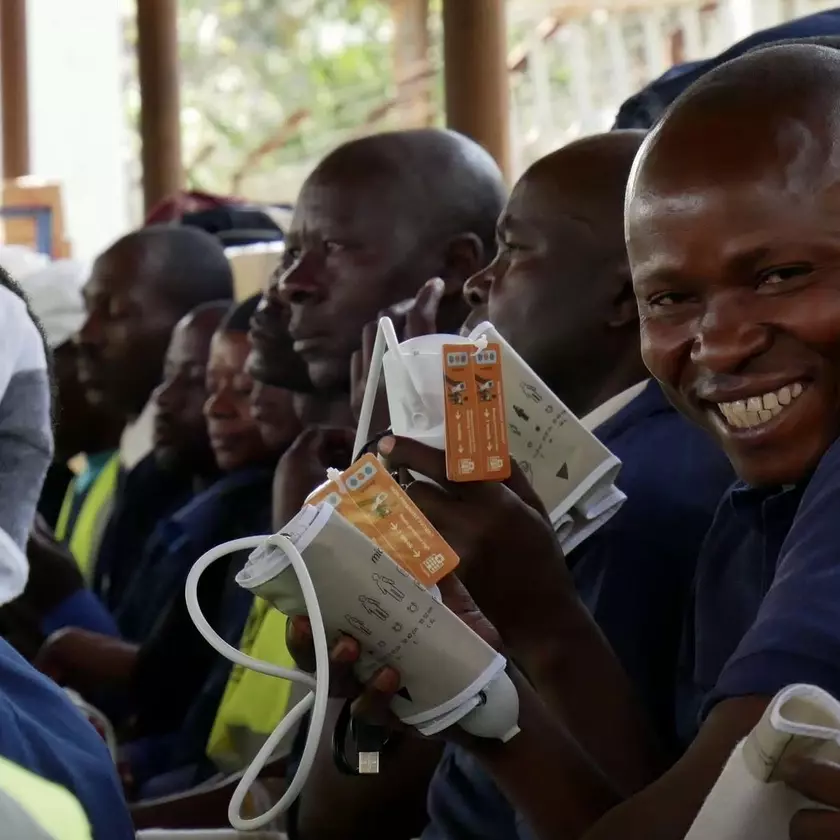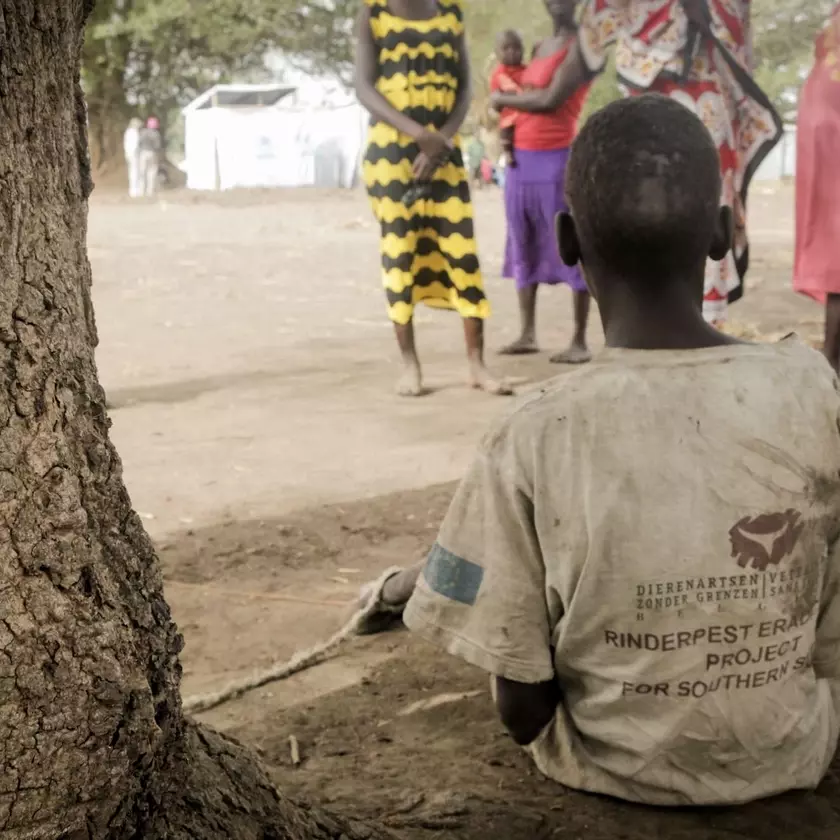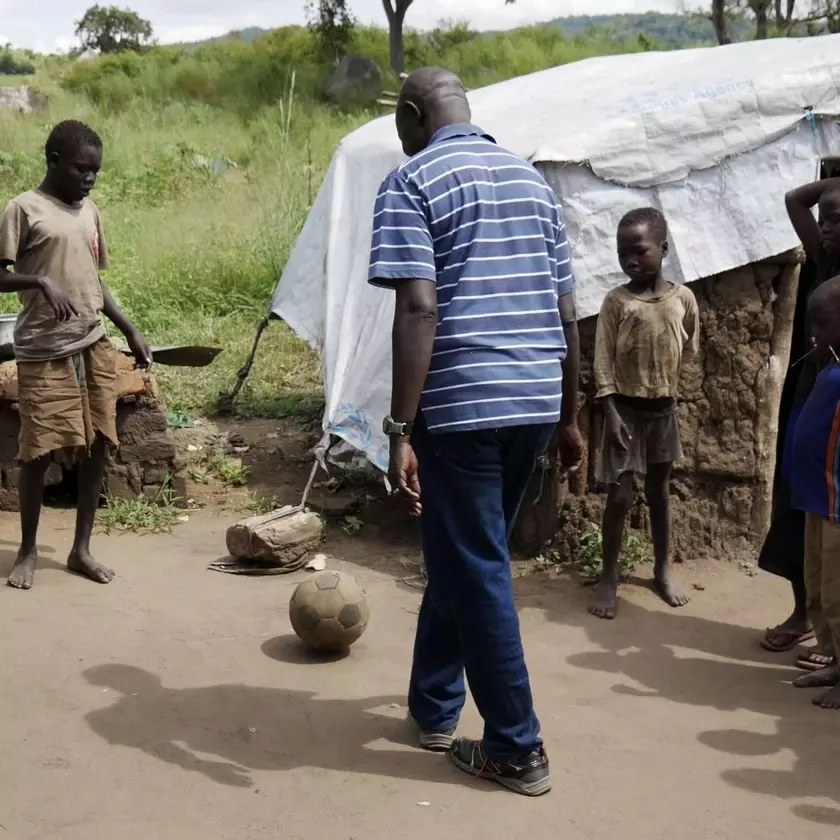Underlying trauma, hope and football
The earthquake in North West Haiti this weekend which has killed 17 people and injured over 300 was a painful reminder to the underlying trauma still felt by many from the devastating 2010 disaster. Some 168 homes are reported destroyed and 2,280 damaged in the northern region. Whilst we are grateful that our hospital wasn't damaged, our thoughts and prayers remain with those who were. Whilst we were spared, the strong tremors felt across the country led to some scenes of panic from a people still scared from the trauma of past disasters. In a similar way, I was moved on our recent trip to Uganda, hearing of a man who still harbours significant pain from past trauma he's witnessed.
We had the privilege to be starting work in Nakivale Refugee Settlement, Uganda's oldest settlement that hosts refugees from 8 countries (including from the Rwandan Genocide in the 90's). At the start of our week the settlement only had 12 reported blood pressure devices (some broken). By the end of our week the Kings College London/HHA team had distributed over 200 new automated devices and trained 273 health workers on the importance of measuring vital signs to detect a host of critical conditions.
When we started demonstrating the device, one mans reading was incredibly high, requiring an imminent referral to a health facility. It was poignant when the man described his symptoms, as he shared the flash backs he still has from scenes he'd witnessed as a refugee and the impact this has on his physical health. His blood pressure reading was a visible measure of a much deeper condition.
HHA seeks to provide health for the most vulnerable and hope to the most disadvantaged. What is clear from the stories above, is that both of these pillars of our work are vital. Responding with medical care is critical to deal with hypertension for instance, but so to is bringing hope to deeper more emotional and spiritual suffering. I've been inspired on this trip by the faith and passion of our local team in Uganda (many refugees themselves) and the hope they're bringing to thousands.
As one example...some of you may remember me sharing last year about a boy with a disability I met in one settlement called Modi. He was acutely malnourished, covered in sores, and most harrowingly...tied to a tree.
When I spoke to his mum she shared how she couldn't feed Modi and due to his special needs had to tie him up, otherwise he'd just run away looking for food in a camp with 100,000 people and no-doubt get lost. As a father myself of a child with a disability, I could deeply sympathise with this desperate mother. HHA started to support Modi's family and over the last year he's become stronger and stronger. However...he's always remained very nervous, looking to the floor with little self-confidence or belief.
On this trip though when we arrived at the house I was amazed that Modi wasn't there. 'Where's Modi?' we asked. His mother replied, 'sorry, he's off playing football.' I could hardly believe what I was hearing. A few minutes later Modi appeared and confidently came up to me and our team, shaking each of our hands, looking us in the eyes, before getting his football out to start playing again. Is this really the same boy I met tied to a tree? A boy, who without exaggerating, I though I'd never see again due to his critical, lifeless condition. A boy, whose mother said she'd have buried her son, without HHAs support. Here he was, unrecognisable and playing football...totally transformed. (Pictured below, on the left, playing with the President of the Baptist Convention of South Sudan).
It's why hope is so important, so transformational. Modi is just one of thousands of displaced people we've helped in the last year in East Africa. Each with their own story. Each with their own trauma. Each with their own testimony of what hope, health and action can achieve.
We rejoice in Modi's transformation. But, we hunger for more. There are more Modi's out there. ..and one by one, we'll keep fighting for them all.

